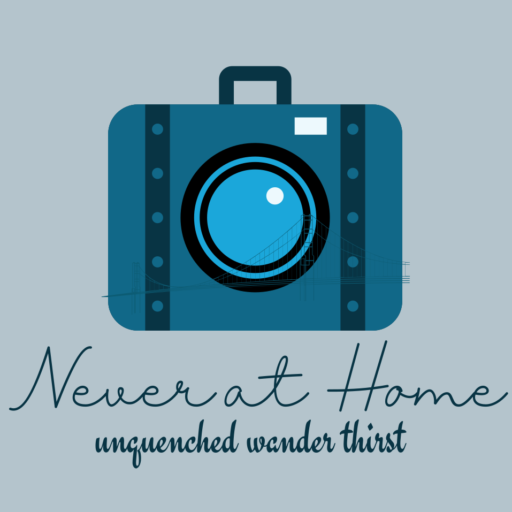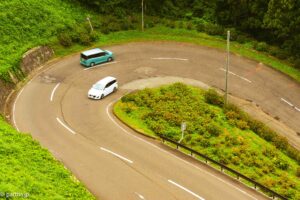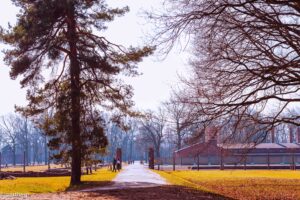The first day of 2024 we drove from Inuyama, located in the Aichi Prefecture, to Tokyo on the Shin-Tomei Expressway. Mt Fuji appeared as we crossed Shimizu and and remained visible for a while at the Service Area near Ashigara, the the sparse New Year’s morning traffic back to Tokyo.
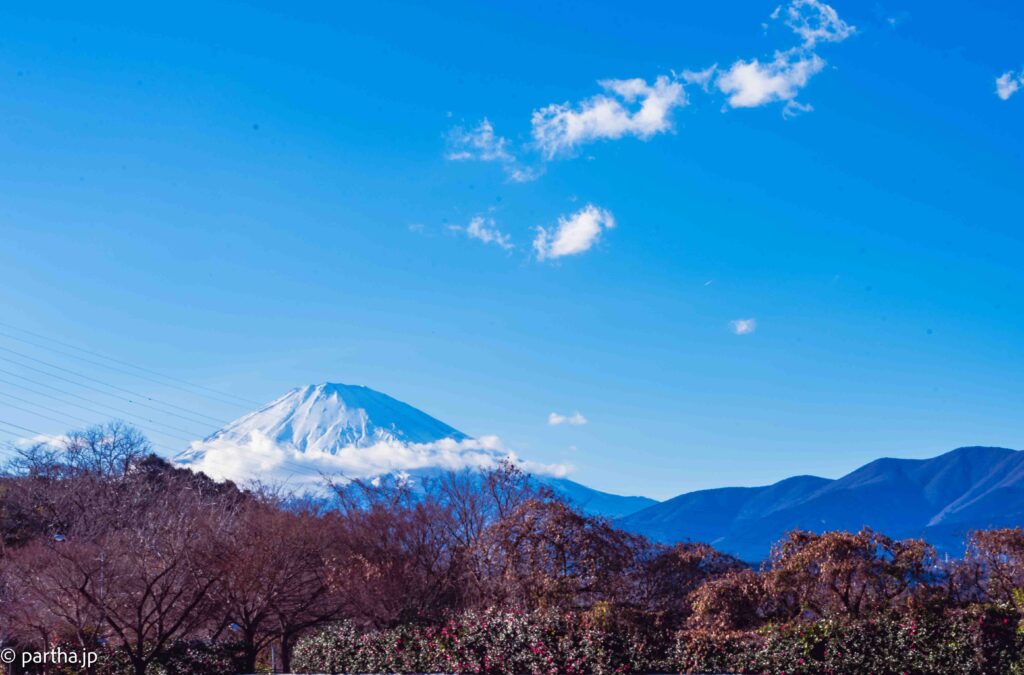
As I stopped in from of my apartment to unload our bags, the car parking a few hundred metres away, my phone threw a hysterical fit. Alarms went off for an imminent earthquake, warning of strong tremors. My car navigation system caught the mood and threw a fit of its own. It warned of dire consequences unless I evacuated to higher ground immediately.
It has been around 13 years since the last big earthquake in 2011 and I have grown complacent. There have been earlier warnings, equally sudden and dire, often accompanied by strong tremors, but living in Tokyo, in buildings that can withstand Magnitude 7 earthquakes has made me lower my defenses.
There was no shake and I continued back to the car parking and checked the phone to realise that the earthquake hit the opposite end of Japan, the Ishikawa Prefecture on the Western Coast. I am on the eastern coast, close to the Tokyo Bay, on the seacoast and any any warnings of a Tsunami are real. However the earthquake was centred around 400 kilometres away and posed no immediate threat to me.
So I parked my car and walked back home, switched on the television and watched the unfolding of the disaster in another part of Japan.
The next day, around early evening hours my phone buzzed with a news alert. A plane was on fire at the Haneda airport. I live around 15 kilometres away from the airport and can watch the planes landing across the bay on my walks. I switched on the TV again and saw live images of a Japan Airlines Airbus A350 in flames. The intensity of the fire and the panic in the voices of the TV news commentator made me believe that it was unlikely to have any survivors and I watched the flames devour the plane to its skeleton, debris scattering with each advance of the fire until the destruction was complete.
Then the commentators changed track and announced excitedly that all passengers had been safely evacuated. They repeated the same message over and over again ‘All passengers have been safely evacuated, I repeat All passengers have been…..’
The crew of the coast guard plane that collided with the Japan Airlines plane were not so lucky. The pilot survived with serious injuries but the remaining crew perished. They were on their way to deliver relief supplies to the earthquake affected areas, the ones that were hit in the natural disaster that unfolded the previous day.
Disasters comes in threes, someone said and we waited anxiously the next day, fearing another disaster somewhere else, but the chain was broken and the ominous start to the year stalled and normalcy returned. There was no normalcy for the earthquake affected though, around 230 people died, houses were destroyed, the survivors shivered through the night before being evacuated to shelters where they would remain for months before returning to alternative accommodations, their homes and livelihoods destroyed.
There was no normalcy to the families of the crew of the coast guard plane, their lives changed forever, the pilot eventually recovered from his injuries. The crew and passengers of the Japan Airlines place were lionised, their efficiency in evacuating the passengers praised universally and the orderliness in Japan appreciated.
The ominous start to the year tapered off and order was restored, the mundane taking over , the progress of disaster stopped for now. Mundane in the real world meant wars in different parts of the world. Guns did not go silent, men did not stop fighting and the dead did not stop piling.
I traveled at 2019 levels, visiting the yet incomplete Sagrada Familia in Barcelona, the Berlin Wall monument, the Holocaust Memorial in Berlin and during the Golden Week Holidays in Japan, a trip to the West Coast town of Niigata and the island of Sadoshima off its coast.
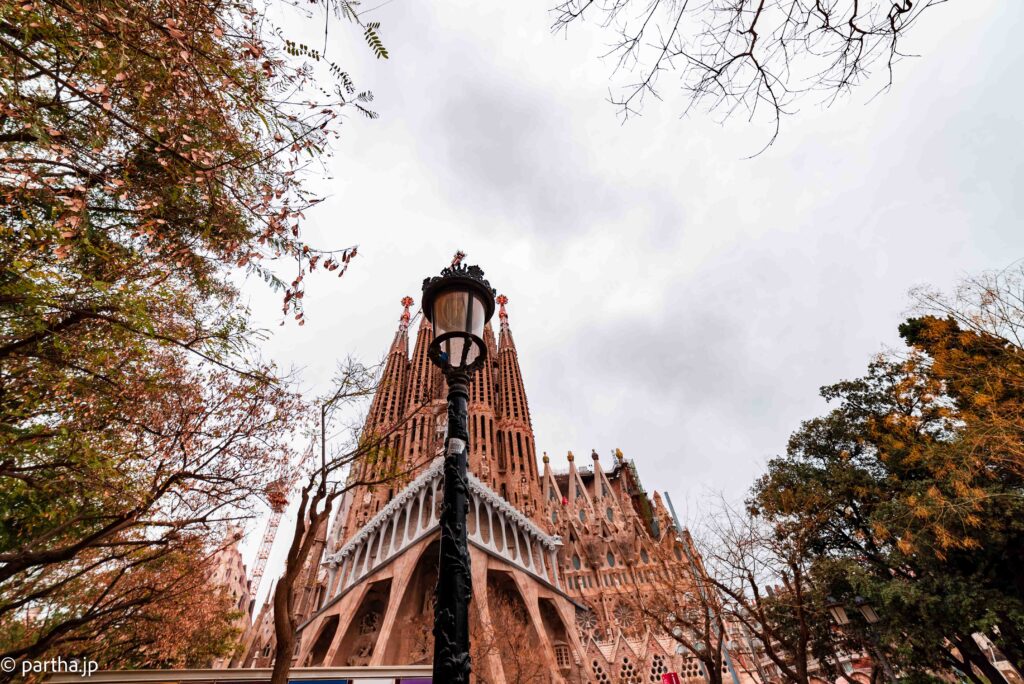
Travel shows the extremes of human behaviour, a rude customs officer at Frankfurt airport mocking the accent of an Indonesian traveler, his only crime was saying ‘Thank you’ to another customs officer once he was cleared at the exit immigration.
‘Thank you’ she mocked, needlessly, at his accent, in her own accent, unaware at the hypocrisy of her derision . The mocked traveler did not pass through her window, but at the window of the officer next to the lady.
But I had to go to her window and she asked me the purpose of my visit and snapped ‘Again’ as my explanation of attending a travel show did not have enough details to satisfy her.
Then there was another customs officer mocking a woman with a UK passport, traveling in a group who obviously had passports from EU countries.
‘That line is not for you’ he mocked pointing to the other longer line she had to go through, ‘you guys did not want us’
Passports were obviously the new weapons in the never ending jostle for superiority.
That summer I landed in New Delhi, a week after some parts of the city recorded an all time high of 51 degrees celsius.
‘How do people survive in such heat’ my barber in Tokyo asked me as I got my ritual pre-travel haircut. My barber was used to my routine and knew that if I needed a haircut I was traveling. I explained to him the temperature recorded at New Delhi one day earlier and the records that reading had broken.
I wondered the same during the week that I traversed parts of New Delhi and its suburbs, in the comfort of an air-conditioned taxi and watched people out in the blazing sun, the roads shimmering in the heat, the temperatures at dangerous levels and the only shade that people could rest under was under the flyovers. And yet people were out.
They did not have the luxury of air-conditioned cars, the omnipresent security guards under umbrellas, water bottles in hand collecting toll slips from passing motorists, the vendors pushing their carts and even the occasional beggars seeking alms from the passengers, who tormented by guilt of air-conditioned comfort were ready to face the temporary discomfort of rolling down their windows to palliate their guilt.
This was where an economic superiority balanced your comfort with an unbearably heavy lump in the throat. There was no room for rudeness here .
As I looked at them the question my of my barber asked came back again and again.
‘How do people survive such heat’?
‘Because they have no other option’ I answered to myself!
I left behind the burning urban concrete of New Delhi, traversing Hyderabad and Bangalore, the monsoons had reached the borders of this southern part of India. There was no heat here and the suffering was out of sight!
I landed in Dallas after 5 years and right in the middle of another heat wave. The shopping strips on the way from the airport seemed to have a lot more Indian restaurants, a sign of changing palates of demography and my Uber driver kept me entertained, insisting that he was a millionaire diamond merchant who drove an Uber on a Sunday morning to kill time!
I went to Toronto, the one melting pot that seemed right for so long until one scratched the surface and the ugliness came oozing out. A boat trip along the St Lawrence river, straddling the American border, with 1800 islands many of them privately owned and saw signboards outside the houses on the islands, clearly pointing to how the US Presidential election would swing a few months later.
I went back to Jakarta a month later, going there after half a decade and could not recognise if anything had changed. The roads seemed as crowded as when I was there last, there was a lot construction on the roads and on the last day of my trip, I took a walk around the Chinatown district of Glodok.
As I walked the narrow lanes lined with vegetable and meat shops, temples at corners, a mixture of Buddhist, Confucian and Hindu imagery and wondered at the multicultural character of the city, took a cab to visit the Mosque and Church located in front of each other only to pass a Sikh Temple on the way and my wonder increased.
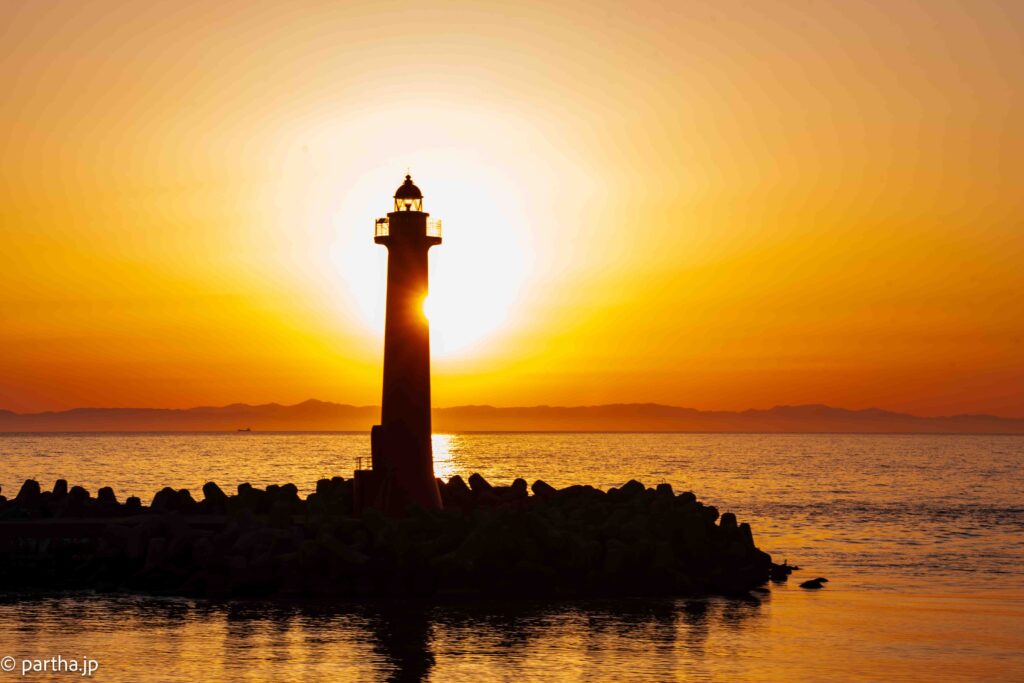
The giddy wonder at the coexistence of different cultures is not the naïveté at the belief that we can all exist peacefully despite our differences. As the real world shows us day after day, through the xenophobia propagated by small minded, scared dictators amplified by the viciousness of social media is that the world today seems to be a proof of a failed social experiment.
People came together because traveling was easy, despite the Passport apartheid, they live close to each other, loved and intermarried each other and yet they hate the other more than ever.
‘Be Kind’ Jan Morris wrote in the epilogue of her wonderful collection of travel writings spanning five decades and named simply as ‘ The World’.
‘The best we can do , I have come to think, is to ignore the conundrum, as we move from one age to another , and in my mind there is only one commandment to help us cope, Be Kind’.
It is not that we are not kind, maybe the the German immigration officer is an exception, the problem is that our kindness is conditional. Our kindness is towards the anonymous, the ones we need not interact with. Warm feelings are reserved for the ones we do not know, our contempt for the ones we do.
The kindness behind the glass windows of an air-conditioned car might turn into some other emotion if we were forced to share the same space with the same people we were sentimentally empathetic towards earlier.
The Nobel Laureate Professor Amartya Sen argued that when we define our identities too narrowly in terms of race, or religion, or class, or nation ,or tribe we miniature ourselves and make conflict and violence more likely.
All the progress in science and technology, the improvements in transportation, the mostly free flow of information and all that is has resulted in is making ‘miniatures’ of us.
As we experience other cultures first hand, we retreat into the cocoon of what we believe is our true self, the one where we belong. When we are told continuously that we do not belong elsewhere, the retreat is complete.
A culture that seems wondrous from far away turns obnoxious if someone from that culture moves in next door. We love from far but proximity transforms the same love into contempt. For contempt does not require understanding, it just requires rejection.
As 2024 wraps up and the ugliness of social media manifests itself once again, another wave of hatred, this time directed towards my culture, yet again, one cannot help but despair.
There are those who place hope in the newer generation, forgetting that this is the generation that has been exposed to massive amounts of misinformation and disinformation, the constant barrage of lies, half truths and sometimes truths so twisted that we cannot recognise them for what they were.
So maybe it is too much of a burden on the new generation, maybe the ones who are equipped to fight are us, the ones who lived through the transformation, the ones who have lived through the trickle of misinformation and the floods that followed. Maybe we are the ones who can distinguish one from another.
‘Kindness is the one principle that can see us through, a rule of life so straightforward that we all know what it means, and need no theologians to explain it it us’ wrote Jan Morris as she retired, after five decades of travel, to Wales on September 10, 2001.
I visited Vietnam later this year, and on the last day roamed out Ho Chi Minh city with a diverse group, a Singaporean living in Vietnam, an Indian married to a Vietnamese and living in Philippines and a Romanian living in Vietnam, and there was me, an Indian living in Japan for two decades. The group was formed out of displacement, the comforts of a homogenous culture and the tribalism that it permeates far behind us.
We roamed the bars of the city late into the night, talking business, talking culture or the lack of it and anything else that came to mind as we got progressively drunk. We traversed the city from posh upmarket bars to the bawdy and throbbing entertainment districts straining under the weight of the Friday night crowds.
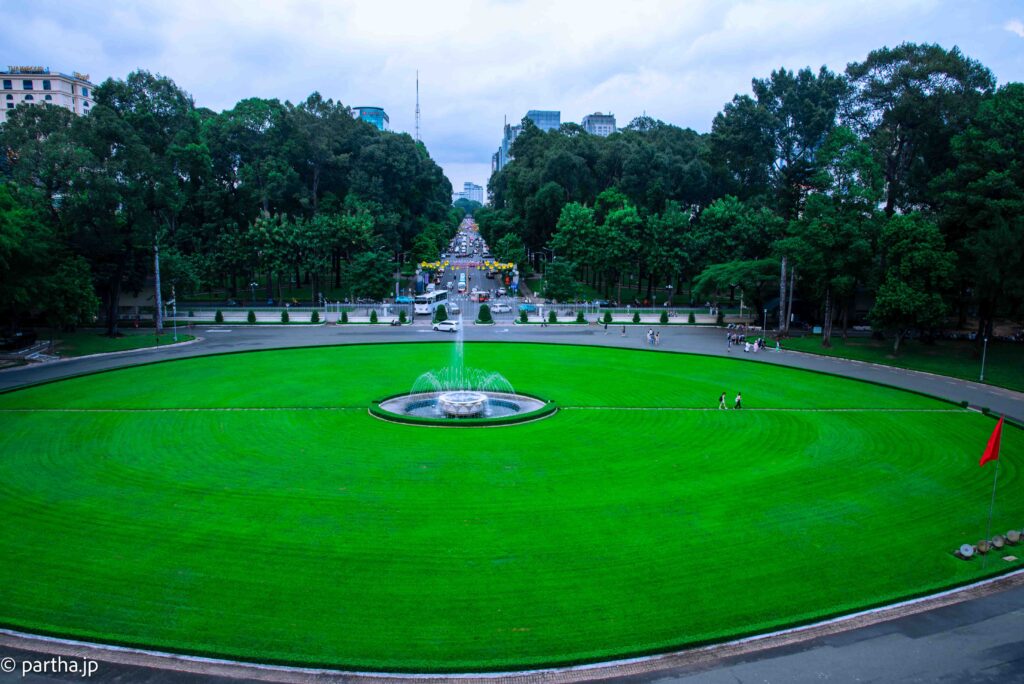
At one point I left my wallet in the car that was driving us around, the wallet was safe however I was unable to pay for the drinks. The others in the group were happy to pay for me, each taking turn to pay as we hopped from one bar to another.
We finally dispersed at 3 AM in the morning, my newfound Romanian friend, a stranger till a few hours ago, waited to ensure I got into a Grab taxi and that the driver knew where I was headed.
I came back to my hotel, tottered to my room, crashed on the bed and got up every hour to be sick for the next 8 hours.
Maybe kindness, genuine one at that, is still around, it just takes getting used to!
